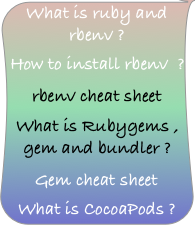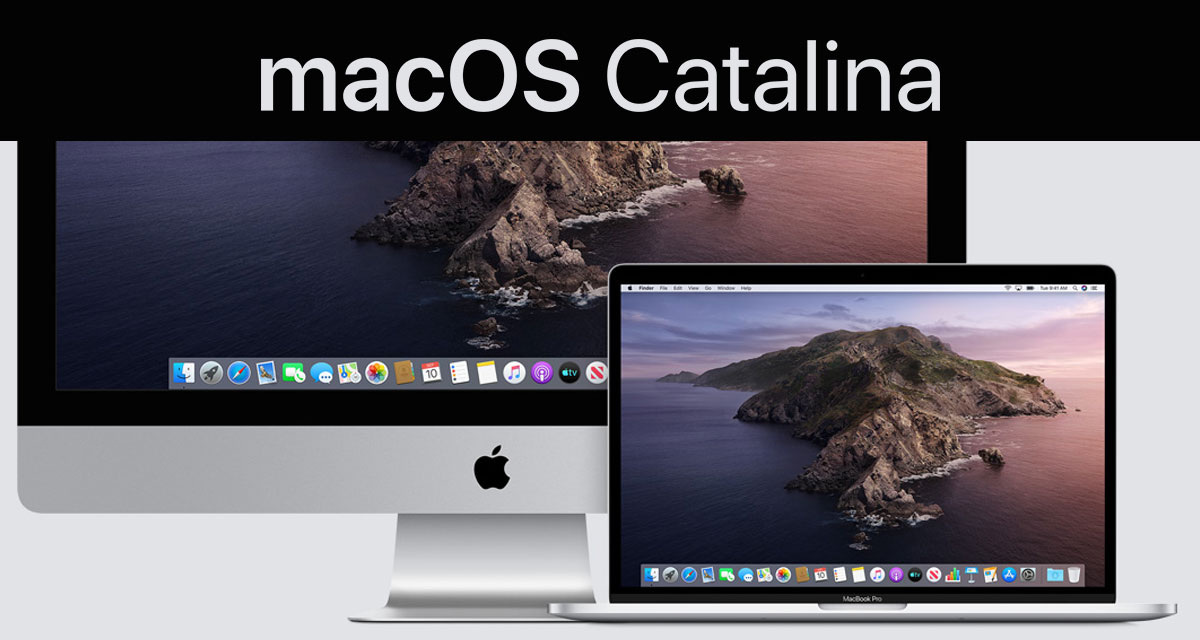- Install Cocoa Pods In Mac Os Catalina Free
- Install Cocoa Pods In Mac Os Catalina Download
- How To Install Cocoapods In Mac
Now use Homebrew to install the latest Ruby.
If you need to have ruby first in your PATH run:
(For newer mac the file name will be : .zprofile )
For compilers to find ruby you may need to set:

Follow the instructions to set PATH. Now you will go to see the installed Ruby. Make sure to replace the 'xxx' with your username.
Step 1: Open terminal and type: sudo gem install cocoapods. Gem will get installed in Ruby inside System library. Or try on 10.11 Mac OSX El Capitan, type: sudo gem install -n /usr/local/bin cocoapods.
(For newer mac the file name will be : .zprofile )
Finally, Make sure your PATH is in place.
- If you are installing on macOS 10.9.0-10.9.2, you may run into an issue when RubyGems tries to install the json gem. To fix this follow these instructions. After upgrading from macOS 10.8 to 10.9 the installed CocoaPods gem doesn’t work anymore, even after re-installing the gem.
- Steps to install Cocoapods. Cocoapods is used in Xcode IDE for development from iOS apps using Objective-C/Swift. Cocoapods helps developers add external libraries to their iOS project easily. The following tutorial guides you on the steps to install Cocoapods on your Mac in order to make use of its features.

You're good to go! Make sure you install by specifying the save destination as follows.
What is CocoaPods

CocoaPods is a dependency manager for Swift and Objective-C Cocoa projects. It has over 84 thousand libraries and is used in over 3 million apps. CocoaPods can help you scale your projects elegantly.
CocoaPods is built with Ruby and is installable with the default Ruby available on macOS.We recommend you use the default ruby.
Using the default Ruby install can require you to use sudo when installinggems. Further installation instructions are in the guides.
Search for pods (above). Then list the dependencies in a text file namedPodfile in your Xcode project directory:
Tip: CocoaPods provides a pod init command to create a Podfile withsmart defaults. You should use it.
Now you can install the dependencies in your project:
Make sure to always open the Xcode workspace instead of the project file whenbuilding your project:
Install Cocoa Pods In Mac Os Catalina Free
Now you can import your dependencies e.g.:
Sometimes CocoaPods doesn’t yet have a pod for one of your dependencies. Fortunately, creating a pod is pretty easy:
You can find a lot of information on the process in the guides. When you're done you can get an account and push your pod to the CocoaPods Trunk.
Contribute
Install Cocoa Pods In Mac Os Catalina Download
How To Install Cocoapods In Mac
We’re developing CocoaPods on GitHub. There’s a guide for getting started on the CocoaPods tool. It’s easy and really gratifying to contribute patches! - for a lot of people it's their first foray into Open Source. We have some easy tickets to look at.